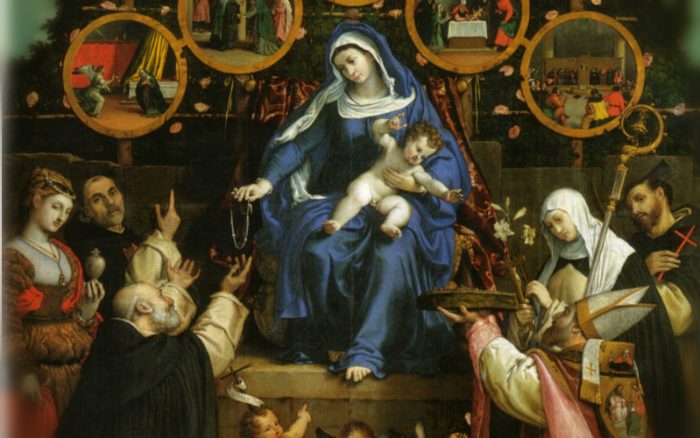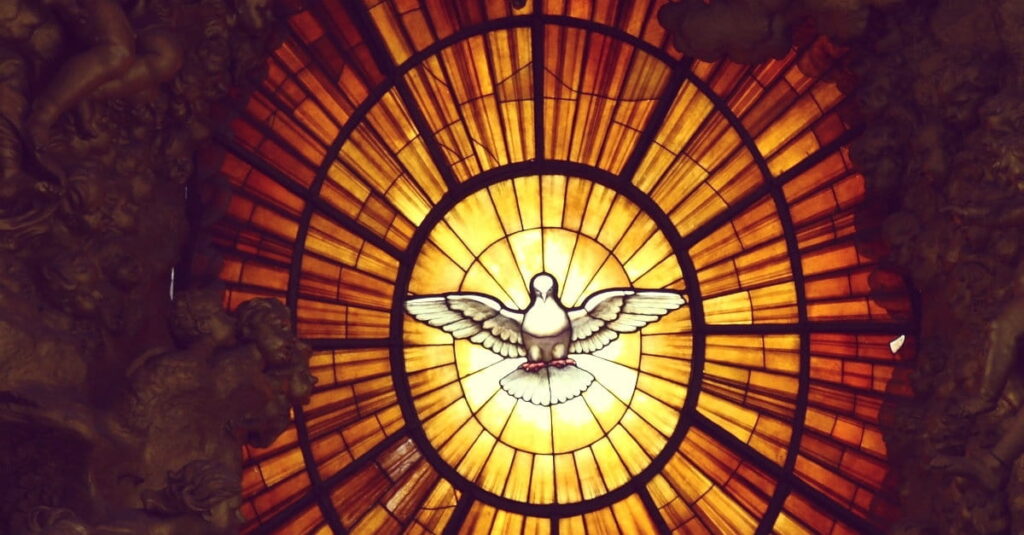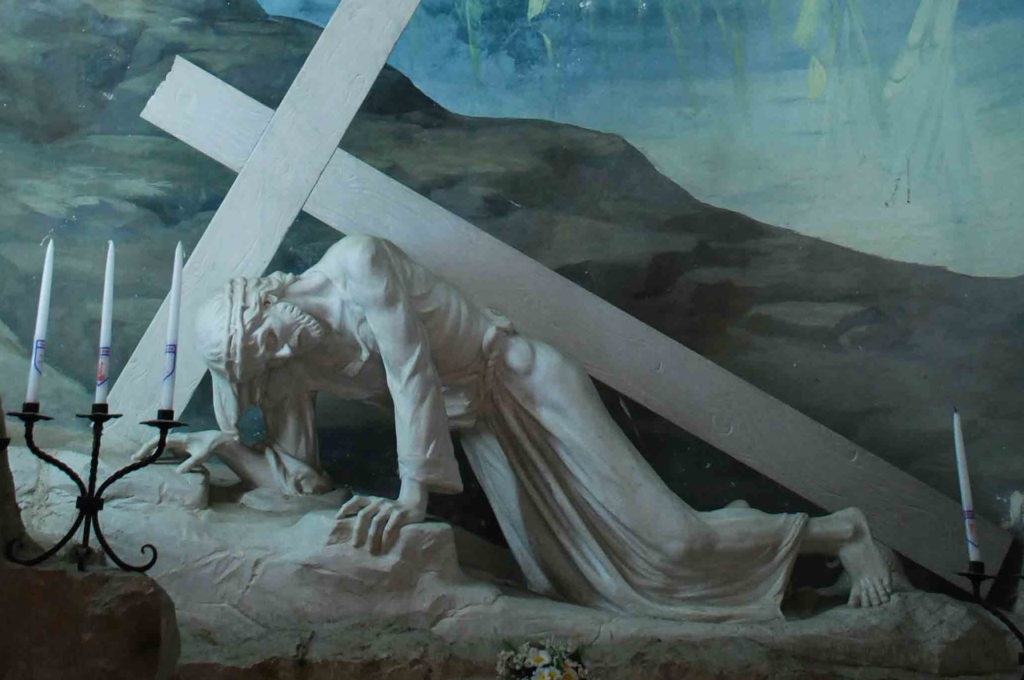Rosary Prayer Resources for the Month of May
Naturally, in this month of May, we should turn our attention towards Rosary prayer. In our current situation, Rosary prayer takes on an even more important role. While skeptics will balk at what I’m about to say, our Rosary prayers and intentions are as essential as masks, ventilators, disinfectant, and a revived economy. Much like […]
Rosary Prayer Resources for the Month of May Read More »










